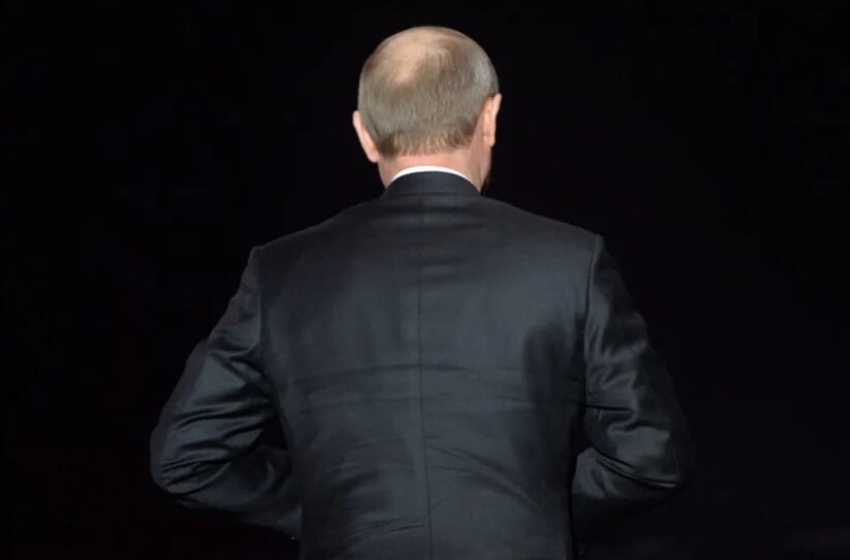Putin has been seeking to curtail and weaken NATO for two decades and continually demands changes to the alliance that would amount to dismantling it.
Putin stated on December 17 that Russia does not have any “territorial disputes” with NATO countries in order to mask his actual long-standing objective to weaken Western unity and coerce NATO into abandoning its core principles, such as the “Open Door Policy,” which allows the alliance at its discretion to admit new members and is enshrined in the NATO Charter. He has been consistently pursuing this goal throughout his regime and demonstrated his full commitment to it by ordering the Russian Foreign Ministry (MFA) to issue ultimatums to the US and NATO in December 2021 demanding “security guarantees” from NATO and commitments not to expand, among other things.
Putin’s decades-long goal is to set conditions in which NATO would undermine its own global power, creating a structurally and ideologically defeated NATO that cannot resist Russia’s future objectives – which can include territorial conquests or the establishment of Russian suzerainty over states that Moscow deems to be in its proper sphere of control.
ISW has long assessed that growing friction between the United States and Europe and within NATO and other Western structures would weaken Western collective measures against the Kremlin’s aggressive behavior and allow Putin to develop a new web of coalitions to support Russia’s objectives.
Putin routinely reiterates his distaste for Western alliances, calling for the formation of a multipolar world order in which Russia has a veto over key global events. He wants NATO to recognize Russia’s claims, demands, and perceived sphere of influence and has repeatedly indicated Russia’s intent to end “US hegemony.”
Putin had been largely using hybrid war efforts to weaken the West and its place in the world order before invading Ukraine in 2014 (apart from his 2008 invasion of Georgia), and his justifications for the full-scale invasion of 2022 did not rely on so-called territorial disputes.
Putin’s interview indicated that he continues to perceive the West as weak, contrasting with his confidence in the growth of Russia’s power over the past two decades.
Putin stated that he believes that the United States was interested in inflicting a “strategic defeat” on Russia 20 years ago but that this objective is not currently in the US national interest.
Putin responded to a journalist’s question about how Russia can find common ground with the United States, stating that the United States will need to be the one to find common ground as the United States will need to “reckon” with Russia, suggesting that Putin believes the US to be the weaker power and that Russia‘s perceived position of strength means that Russia has no need to find “common ground” or engage in serious diplomatic negotiations with the United States.
Both these statements can be perceived as thinly-veiled threats against the United States and NATO. Putin’s statements indicate that he continues to believe that the West has been weakening relative to Russia over the past two decades — a view Putin has been articulating since at least 2014.
ISW previously assessed that Putin launched the full-scale invasion of Ukraine in part because he believed that NATO was weak — not because the Kremlin felt militarily threatened by NATO.
ISW also assessed that Putin only respects military might, which he anticipated the United States and NATO would not use to defend Ukraine, and may be anticipating that Western support for Ukraine will collapse. Putin’s perception of Russia’s increased relative power aligns with his statement on December 14 continuing to stand by his maximalist objectives in Ukraine — which are tantamount to full Ukrainian and Western surrender. Kremlin officials have also recently made statements with expansionist rhetoric that emphasize the Kremlin’s confidence in its ability to fulfill its objectives in Ukraine with force.





















